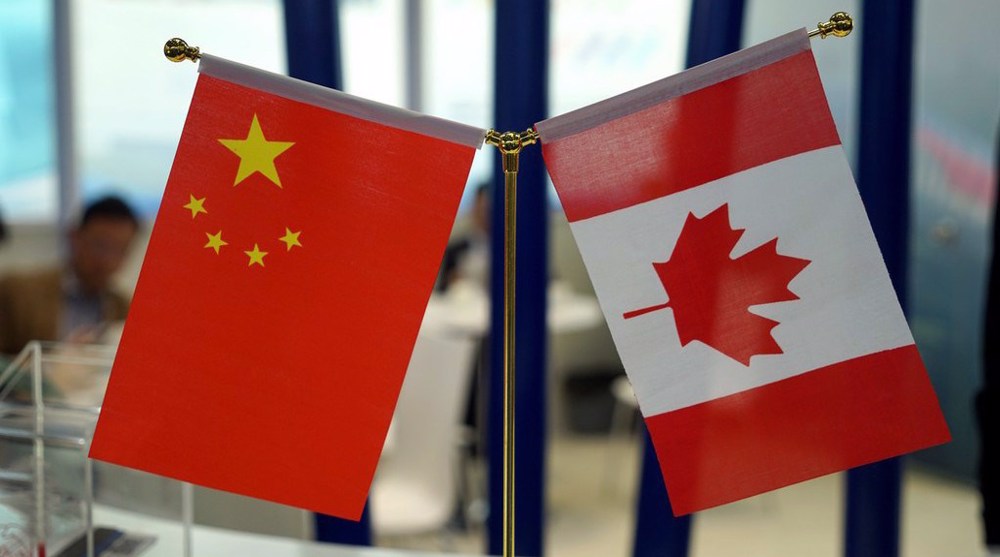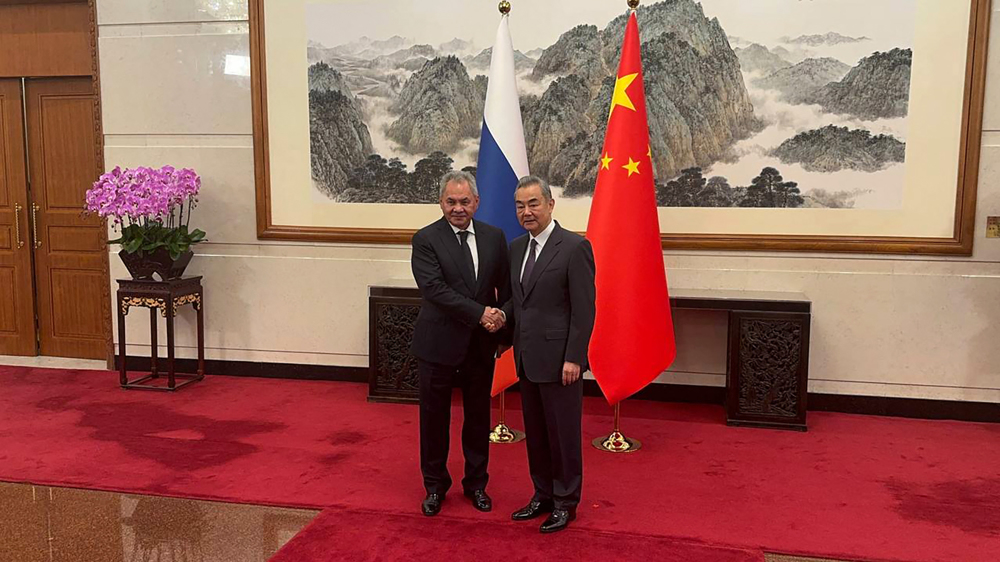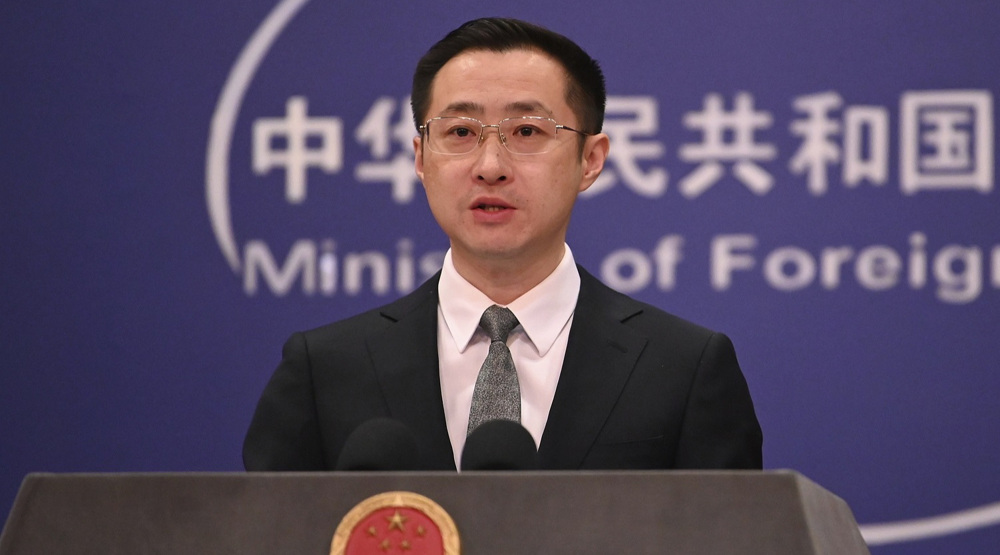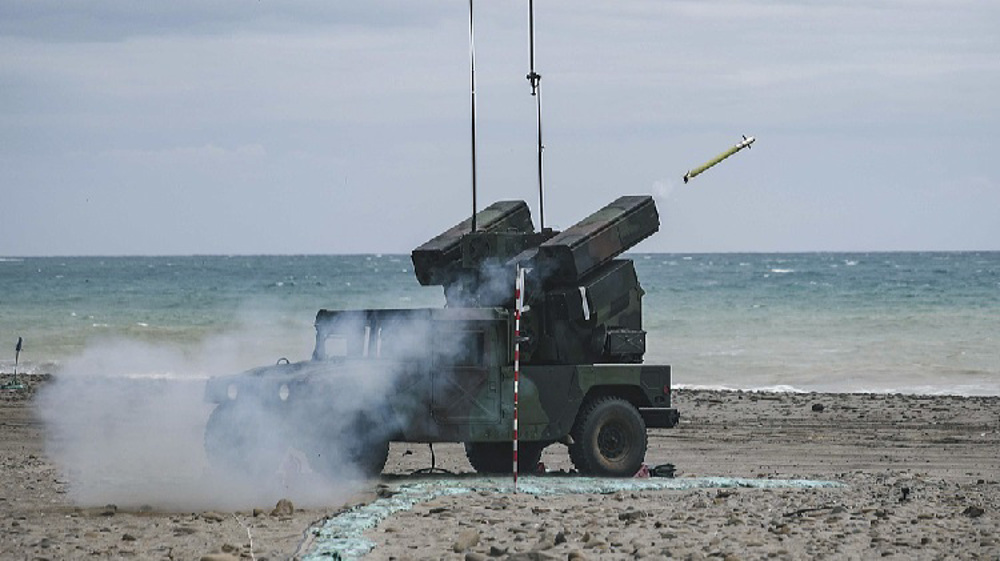China slams Canada over criticism of Hong Kong security legislation
China has lambasted Canada for criticizing a new national security law for Hong Kong, the second rebuke in a week that has further worsened the already tense relations between Beijing and Ottawa.
Canadian Prime Minister Justin Trudeau announced on Friday that Ottawa was suspending its extradition treaty with Hong Kong due to the new security legislation.
Furthermore, the country’s Foreign Affairs Minister François-Philippe Champagne called the law “a significant step back” for what he described as liberty.
On Saturday, China’s embassy in Ottawa said in a statement on its website that the Canadian government had “grossly interfered” in Chinese affairs, adding that the new legislation would safeguard security in Hong Kong.
“Some western countries including Canada have been meddling in Hong Kong affairs under the pretext of human rights, which seriously violates international law and basic norms of international relations,” a spokesperson said in the statement.
Beijing also rebuked Ottawa a week ago over its criticism about the alleged “prosecution” of the Canadians in China.
Canada and a number of Western countries have harshly criticized the new national security law for Hong Kong, which was enacted on Tuesday and which they say harms the city’s semi-autonomous status. Beijing rejects the allegation.
The new security legislation criminalizes sedition, secession, and subversion against mainland China, and allows Chinese national security institutions to operate in the city for the first time since 1997, when Hong Kong returned from British to Chinese rule.
Anti-government protests erupted in Hong Kong after the law was proposed on May 22. On Tuesday, the city saw another protest over the enactment of the legislation.
Chinese and Hong Kong authorities insist that the law would only target a minority of people, and have vowed to restore business confidence after a year of unrest in the city.
Hong Kong was rocked by violent protests over another bill that would have reformed its extradition law last year. Rioters vandalized the city, destroying public and private property and attacking individuals deemed to be pro-government. Hong Kong dropped that bill, but the acts of violence continued.
The bilateral relations of China and Canada have been tense since 2018 when the Canadian authorities arrested Meng Wanzhou, the chief financial officer of Huawei Technologies Co, on a US warrant.
Hezbollah attacks Israeli forces after Lebanese homes blown up
World leaders, states hail ICC arrest warrants for Netanyahu, Gallant
MP: US accountable for possible Israeli 'foolishness' to attack Iraq
VIDEO | Israeli policies strangle Palestinian agriculture, economy
Iran's president offers condolences to Pakistan over terrorist attack
Canada’s Yukon town council at standstill over refusing oath to King Charles
Yemen's Houthi calls for jihad to protect Palestine against Israel
VIDEO | Internal rifts within Israel












 This makes it easy to access the Press TV website
This makes it easy to access the Press TV website